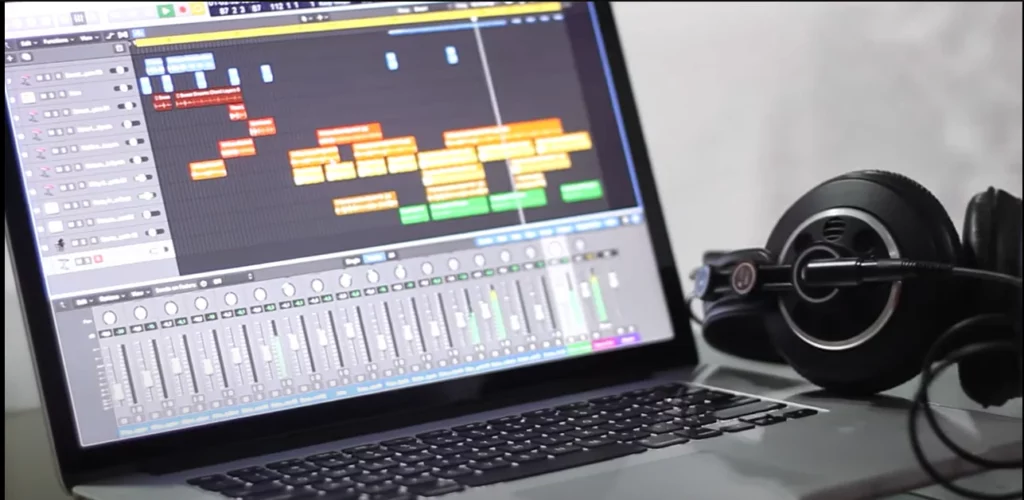Best Music production common terms and Technologies

What is Music production?

Music production is the process of creating a musical composition by recording and mixing various sounds and musical elements.
Music production involves a combination of musical arrangement, sound engineering, and technology to bring a song to life.
The process typically involves recording individual musical tracks, editing and processing them to achieve the desired sound, and then mixing the tracks together to create a final mix.
Modern music production also often involves the use of digital audio workstations, synthesizers, and other software and hardware tools, according to Techpally.
Also, there are online tools that make music works now easy, both from the production end and the listener end, one of the tools is the Tubidy mobile mp3 download at listener end.
Table of Contents
What are the Popular music terms for beginners?

Here are some common terms used in popular music production and recording:
Arrangement: It is the way in which musical elements are organized in a composition.
Beat: the underlying rhythm of a piece of music.
Chorus: the part of a song that is repeated multiple times and often features the catchiest melody or hook.
Compression: a dynamic processing effect that reduces the volume of loud sounds and amplifies quiet sounds.
EQ (Equalization): a process of adjusting the balance between different frequencies in a recording.
Groove: the feeling of swing or rhythm that gives a piece of music a particular sense of flow.
Mix: the process of combining multiple audio tracks into a final stereo mix.
Sampler: a device or software that allows the user to play back recorded sounds, such as samples of drums or other instruments.
Synthesizer: an electronic musical instrument that creates sound using oscillators and other sound-generating circuits.
Track: an individual recording of a musical part, such as a guitar or vocal.
Verse: the part of a song that sets up the story or theme and typically precedes the chorus.
VST (Virtual Studio Technology): software plug-ins that provide a wide range of sounds and effects for use in digital audio workstations.
Tech commonly used in music production

Here are some common technologies used in music production:
Digital Audio Workstations (DAWs): software applications for recording, editing, and producing audio are commonly referred to as DAW.
Synthesizers: electronic musical instruments that generate sound through oscillators, filters, and other sound-generating circuits.
MIDI Controllers: devices that allow the user to control digital audio software with physical buttons, knobs, or keys.
Audio Interfaces: hardware devices that provide inputs and outputs for connecting musical instruments, microphones, and other sound sources to a computer.
Microphones: devices that capture sound and convert it into an electrical signal.
Studio Monitors: speakers designed for use in recording studios, providing accurate and flat response for critical listening.
Audio Plugins: software components that provide a range of sounds, effects, and processing tools for use in digital audio workstations, according to Techpally.
Samplers: devices or software that allow the user to play back recorded sounds, such as samples of drums or other instruments.
Drum Machines: electronic devices that generate drum and percussion sounds for use in music production, it’s a virtual drum to out beats into your music.
Audio Cables: cables that are used to connect audio devices and transfer audio signals.
I hope you like it. For more valuable information visit website



Rather valuable message
In it something is. Many thanks for an explanation, now I will know.